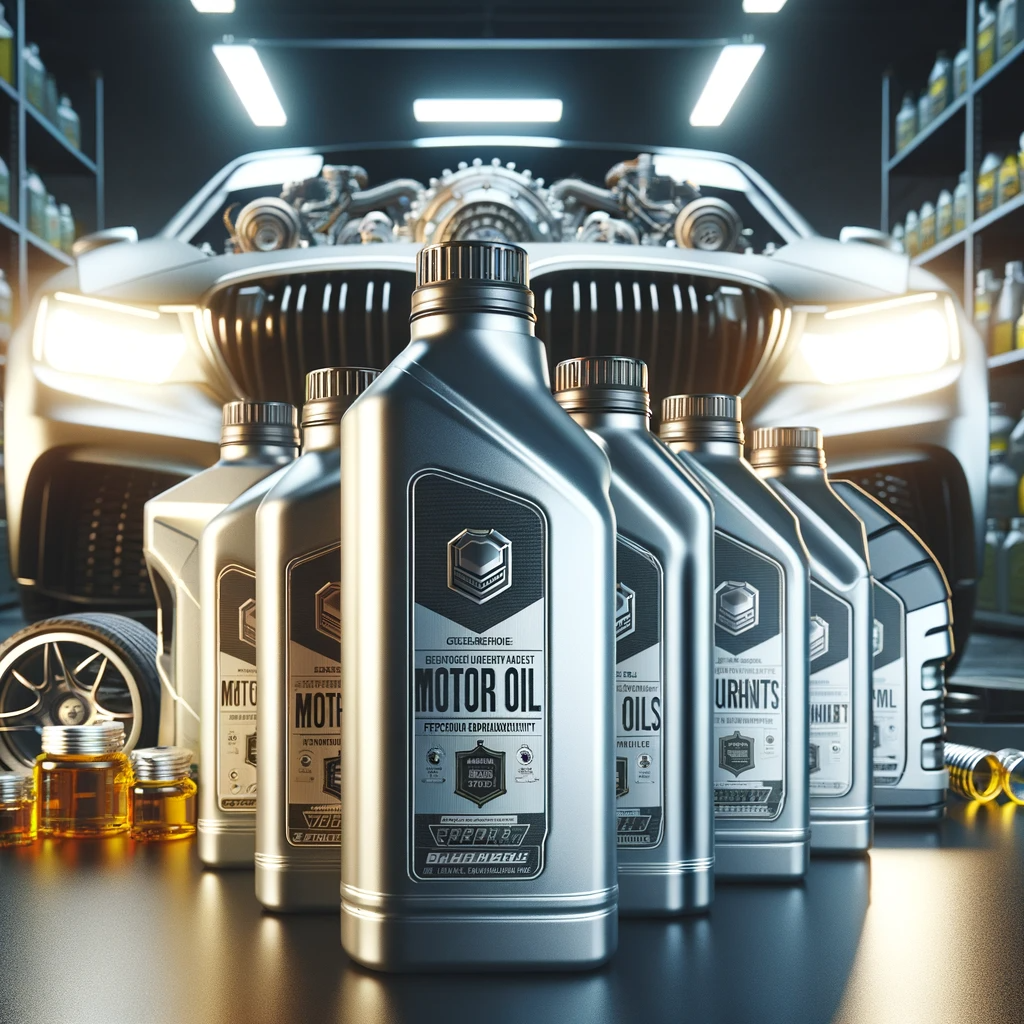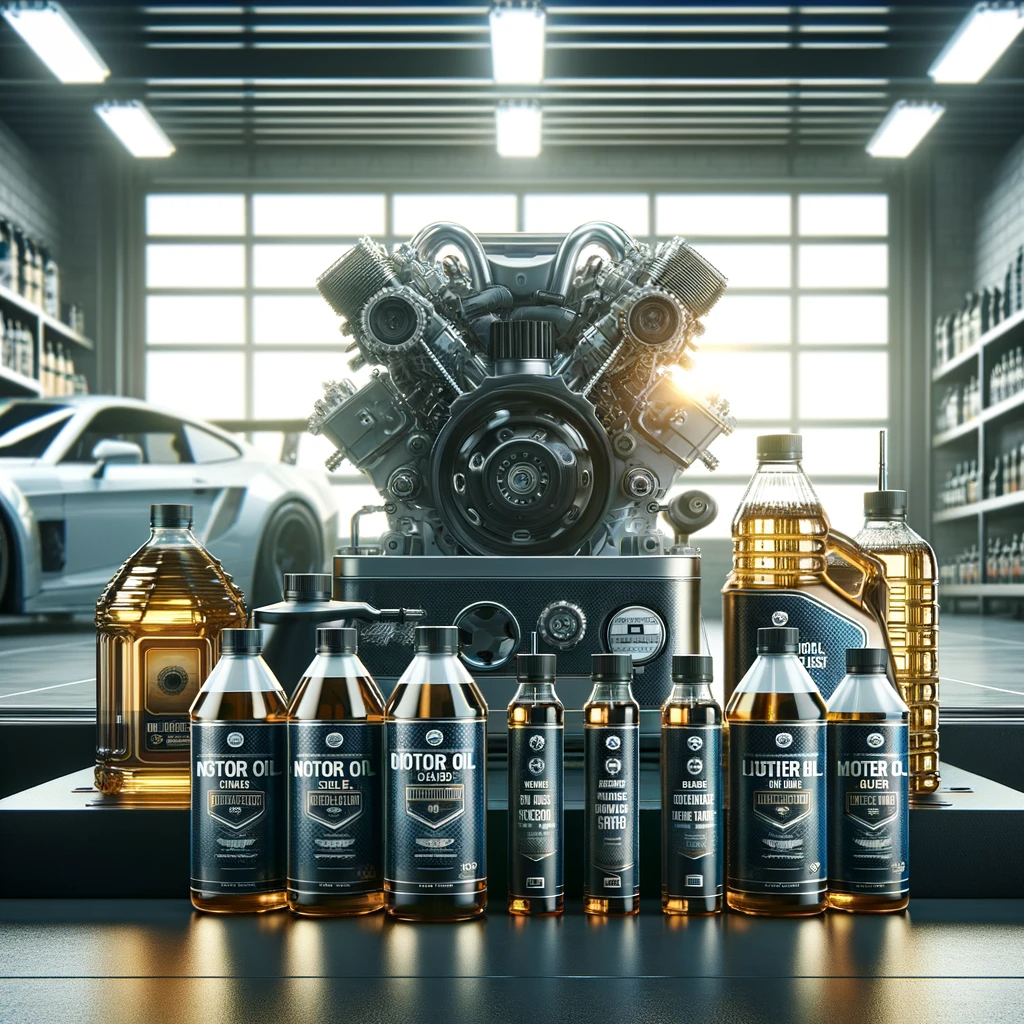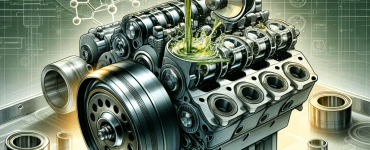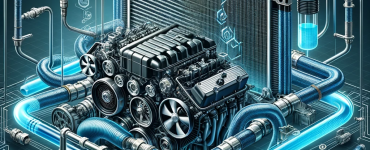Oil and Lubrication Upgrades: Maximizing Performance
Key Takeaways
| Upgrade Type | Benefits | Recommendations |
|---|---|---|
| High-Performance Oil | Better lubrication, heat management | Use oils with appropriate viscosity for your engine |
| Oil Additives | Reduced friction, enhanced protection | Choose additives compatible with your vehicle |
| Aftermarket Oil Filters | Improved filtration, extended oil life | Select filters designed for high-flow rates |
| Oil Coolers | Lower oil temperatures, increased longevity | Install for high-performance or heavy-duty use |
| Synthetic Oil | Consistent performance, longer change intervals | Opt for reputable brands suited for your engine type |
Revving up the heartbeat of your car means ensuring it has the best bloodline – top-tier oil and lubrication. The right upgrades can be the difference between a roaring performance and a whimpering halt. Let’s dive under the hood and explore how to pump up your machine’s vigor with slick lubrication trick, oil and lubrication upgrades here we come!

High-Performance Oil: The Engine’s Lifeblood
The core of engine performance is its oil. Not just any oil, but one that keeps up with the high demands of a tuned engine. High-performance oils are designed to provide superior lubrication, ensuring that every metal component slides by its neighbor with the grace of a ballet dancer. High-performance oils maintain their viscosity under extreme conditions, ensuring that your engine is protected whether you’re cruising down the boulevard or tearing up the track.
- Opt for oils that match your engine’s needs. Thicker oils may cushion well, but they’ll bog down the performance. Too thin, and you risk metal-on-metal crime scenes in your engine.
Oil Additives: The Secret Sauce
Add a little secret sauce to your engine with oil additives. They’re like the perfect spice blend – they enhance the flavor, or in this case, the engine’s performance. Additives can reduce friction, keep your engine cleaner, and even plug small leaks. But be cautious; the wrong additive can gum up the works.
- Choose additives wisely. Not all potions play nice with your engine. Ensure compatibility and seek quality brands.
Aftermarket Oil Filters: Sifting the Bad from the Good
An aftermarket oil filter can be a guardian angel for your engine, sifting through the oil to remove the microscopic troublemakers that can lead to wear and tear. These filters often allow for higher oil flow rates, crucial for maintaining peak engine performance.
- Go for high-flow rate filters that trap the smallest of particles without restricting oil flow.
Oil Coolers: Keeping Your Cool Under Pressure

When the heat is on, oil coolers step in like a refreshing breeze over a sizzling pavement. They help maintain optimal oil temperatures, especially in performance or heavy-duty applications.
- Consider an oil cooler if you’re pushing your engine to its limits. It’s a small investment for what could be a lifetime of smooth running.
Synthetic Oil: Not Just Slick Marketing
Synthetic oil is like the elite athlete of the lubrication world – consistent and enduring. It’s engineered to perform under the harshest conditions and doesn’t break a sweat when things heat up. Synthetics offer better performance and can extend the time between oil changes.
- Switch to synthetic oil if you haven’t already. It’s tailored for performance engines, and while it may cost more upfront, the long-term benefits can be significant.
Real-Life Example: From Regular to Racing-Ready
Imagine you’ve got a 2020 Ram 1500 5.7 Hemi. It’s a beast, but even beasts need the best to perform. Upgrading to a synthetic oil that’s specifically recommended for your Hemi engine can keep that engine purring with power. Add in a high-flow aftermarket oil filter, and you’ve just given your Ram an inside track to longevity and robust performance.
Oil and lubrication upgrades: Bringing It All Together
Upgrading your oil and lubrication system is not just about squeezing out more horsepower – it’s about protecting your investment and ensuring that every drive is as thrilling as the first.
For more information on boosting your vehicle’s performance, check out the basics of engine upgrades or discover how engine cooling can improve performance. And if you’re curious about the more intricate details, like cylinder head porting, we’ve got you covered.
Remember, an upgrade in oil and lubrication is an upgrade in your vehicle’s heart and soul – treat it well, and it will return the favor mile after mile.
Oil and Lubrication Upgrades Q&A
Q1: What are the benefits of upgrading to high-performance oil?
A1: High-performance oil provides better lubrication, maintains its viscosity under extreme conditions, and helps manage heat better, ensuring your engine components are protected during high-demand performance.
Q2: Are oil additives necessary, and how do I choose the right one?
A2: Oil additives aren’t always necessary, but they can provide benefits such as reducing friction and enhancing protection. Choose additives that are compatible with your vehicle and engine type, and look for reputable brands.
Q3: How do aftermarket oil filters improve engine performance?
A3: Aftermarket oil filters can offer improved filtration, capturing smaller particles that could harm your engine. They are also designed for higher flow rates, which is critical for maintaining peak performance.
Q4: Can oil coolers extend the life of my engine?
A4: Yes, oil coolers help to maintain optimal oil temperature, which is crucial when the engine is operating under high loads. This can reduce the risk of overheating and extend the life of your engine.
Q5: Why should I consider synthetic oil over conventional oil?
A5: Synthetic oil provides more consistent performance across a range of temperatures and conditions. It also tends to degrade slower, allowing for longer intervals between oil changes. This makes it ideal for high-performance or heavily used engines.
Q6: How often should I change my high-performance oil?
A6: This depends on the type of oil, your driving habits, and the manufacturer’s recommendations. High-performance synthetic oils may last longer than conventional oils, but it’s always best to follow the guidelines specific to your oil type and vehicle.
Q7: What is the main function of an oil cooler in a performance car?
A7: The main function of an oil cooler is to keep the engine’s oil at a stable, lower temperature, which is especially important for performance cars that generate more heat due to higher engine loads.




